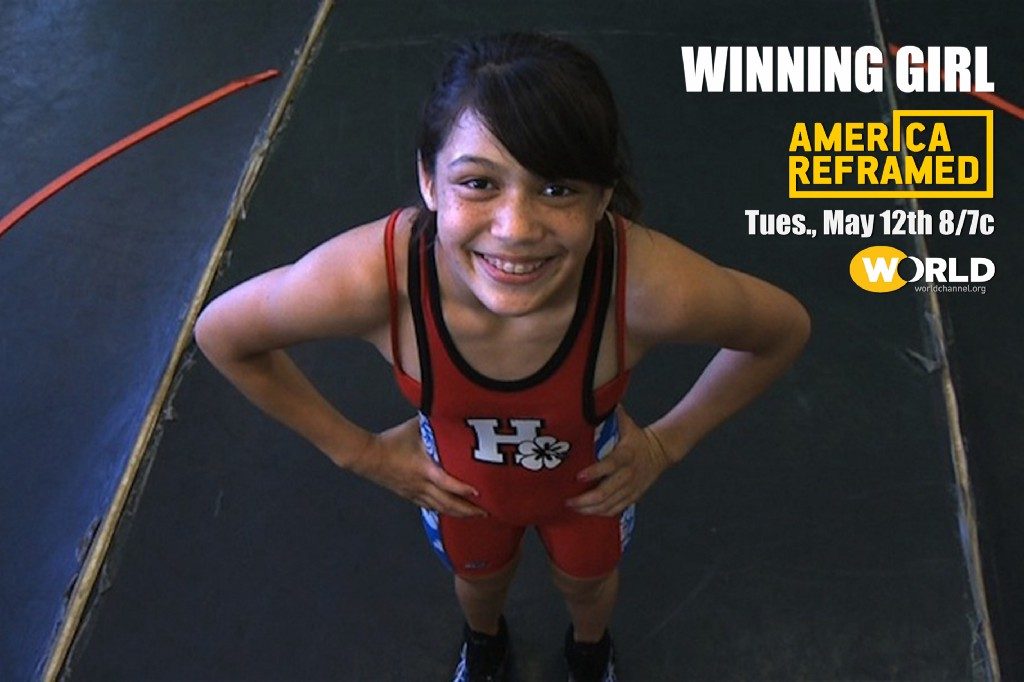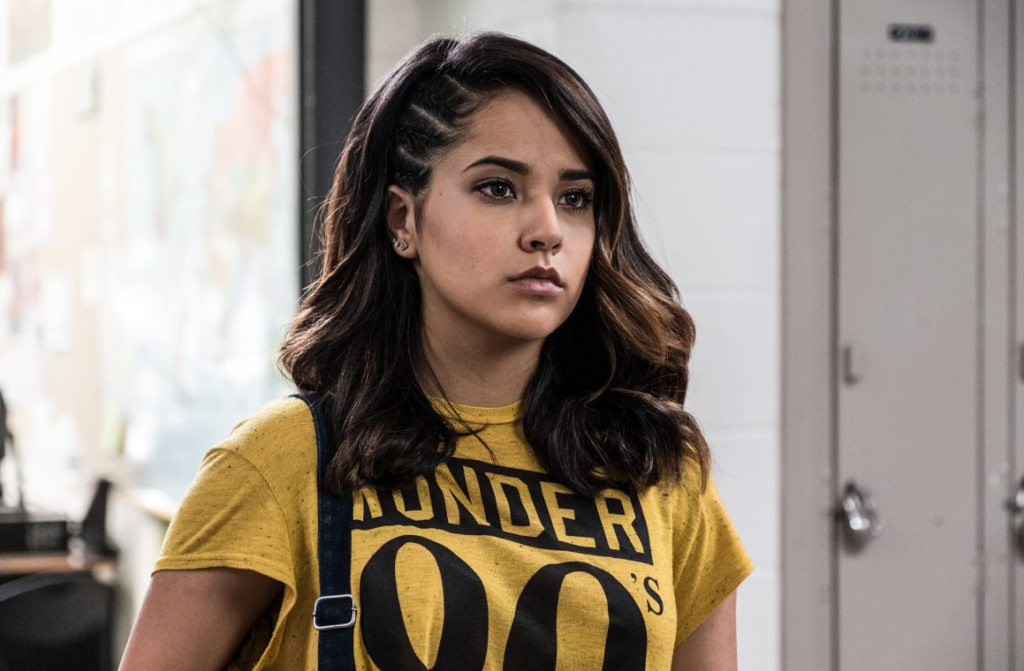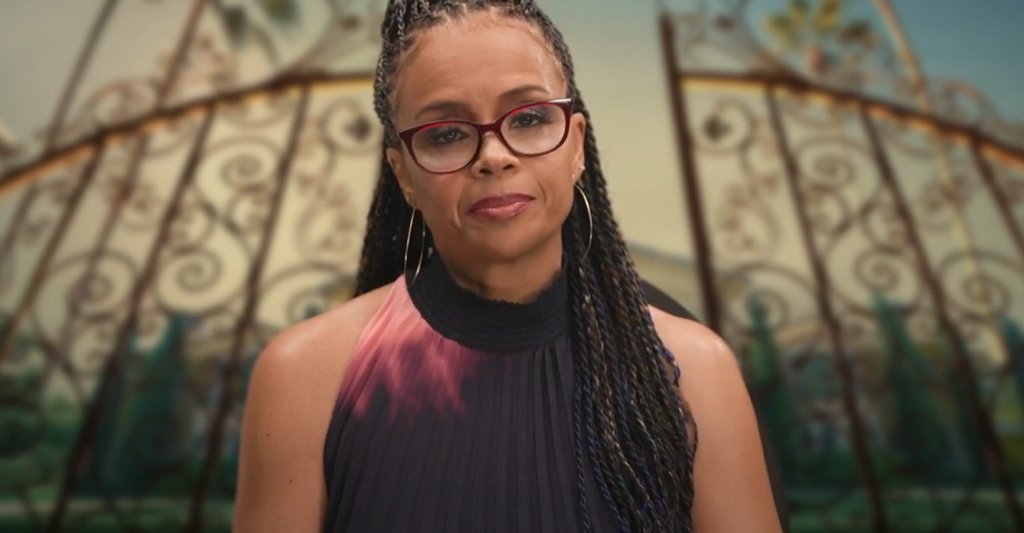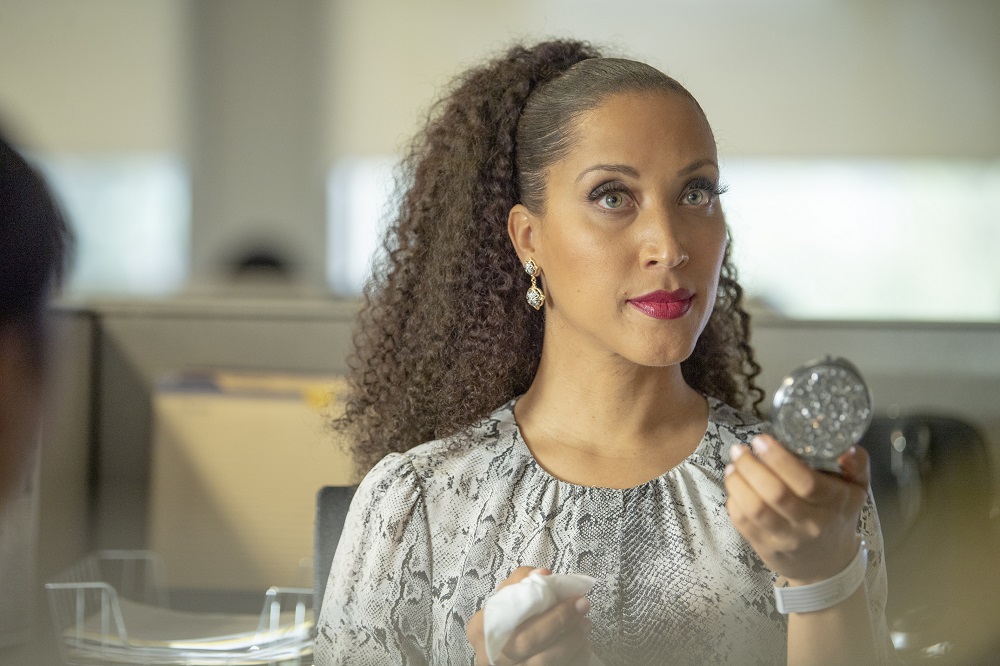I’m an independent filmmaker who tells stories about girls
and women. It wasn’t intentional, at least not at first. But having just
finished my fourth documentary, “Winning Girl,” about a female teenage wrestling and judo phenom from Hawai‘i, there is an
unmistakable pattern of female protagonists in my work. And I’m proud of that.
As a child of the late 1970s and early 80s, I grew up on “Sesame Street.” I relished that magical
time of day while my mom prepared dinner and I could escape into the delightful
world of Bert and Ernie, Oscar, Big Bird and Snuffleupagus. Fast forward
30-something years, and now I watch the show with my two children. But I
can’t help but cringe. Why are nearly all the muppets male? (By my count, there
are only three female leads: Rosita, Zoe
and Abby Cadabby, who were added in 1991, 1993 and 2006, respectively.)
And it’s not just my beloved “Sesame Street.” Since becoming a parent, I’ve noticed this striking
gender imbalance across scores of children’s television shows and family films.
Whether the characters are human or animated, girls are scarce or sidelined.
Even when the cast is balanced and the target audience gender-neutral, the lead
character tends to be male (think “Super
Why!,” “Little Einsteins,” and “Daniel Tiger”).
The Geena
Davis Institute on Gender in Media cites research that shows “decisive
and startling evidence of gender inequality and rampant stereotyping in film
and television.” Among family films, male characters outnumber females three to one. And that ratio hasn’t changed since 1946.
As a mother to both a son and daughter, these findings
trouble me. While women have gained ground in many fields, why are we still so
far behind on the screen?
There are certainly not enough women behind the camera or in
the boardroom making critical programming decisions. But part of the
problem must also be that both men and women in the industry more frequently
choose to tell stories about boys and men. After all, it’s what we’ve seen
growing up; our default is male.
We need to reset. Consumers should
seek out stories about girls and support gender-balanced programming for their
children, both sons and daughters. (One helpful website in finding such programs
is AMightyGirl.com.) And filmmakers and
gatekeepers should actively produce and distribute content that shows girls as
leaders, doers and decision-makers and that highlights the diversity of girls’
experiences.
That was my core inspiration for “Winning Girl.” The documentary’s protagonist, Teshya Alo, is a strong,
confident girl who defies gender stereotypes. The first time I met her, the
bubbly 11-year old ran up to me, flexed her arm and said with a grin, “Do
you want to feel my muscles?” I immediately knew she was going places. So
did she. She already had 11 national judo titles and 11 national wrestling
titles under her belt. And she had a dream: to be a world champion and an Olympic gold medalist in both sports.
Teshya is a shining example of a post-Title IX girl who has
benefited from all the opportunities of athletics and who defines for herself
what a girl can and should be. In the film, we see
her one minute face-down on the mat pinning a boy; the next minute, the
self-described “girly girl” is getting Hello Kitties painted on her
nails.
While the film can be enjoyed by a general audience, my hope
has always been to show it to girls, to give them more female role models on
the screen than I had growing up. But I’ve come to realize that Teshya’s story
needs to be seen just as much, and perhaps more so, by boys. In a world that
already caters to them with a plethora of leading male characters (human,
animated and muppet), boys need to see strong, resilient and multidimensional
girls like Teshya.
Maybe if we have more stories like her on the screen, we can truly achieve gender equity in media by my grandchildren’s
generation. And that would be a win-win for everyone.
“Winning Girl” will have its national broadcast premiere Tuesday, May 12 at 8pm (7pm central) on the World Channel’s series “America ReFramed.” The film is distributed by Women Make Movies.
Kimberlee Bassford is an independent documentary filmmaker based in Honolulu, Hawai‘i, and the director/producer/writer of “Winning Girl.”







